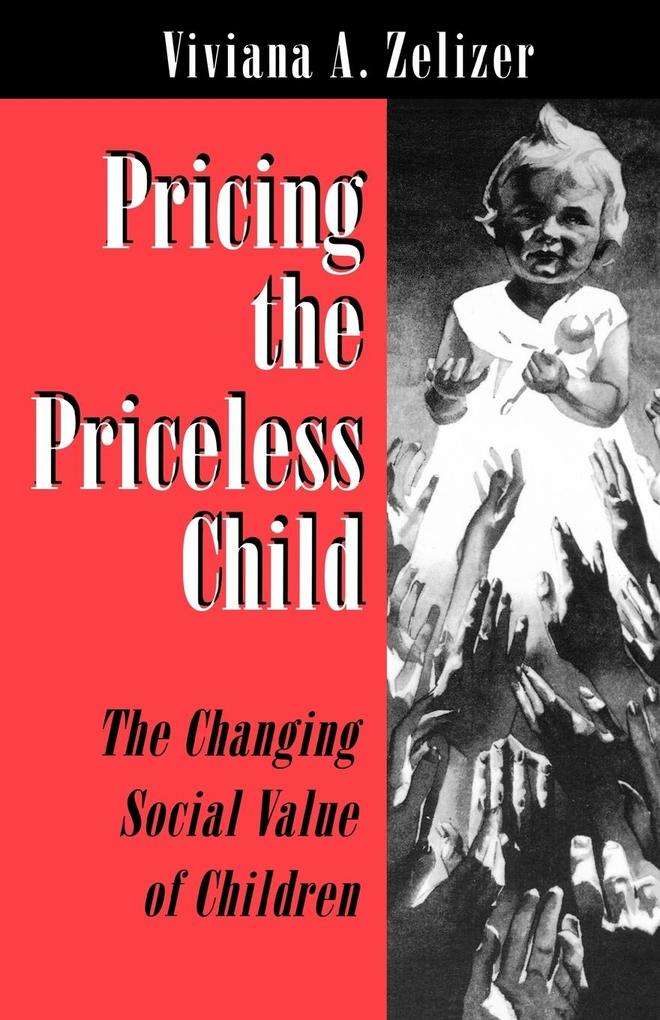
Zustellung: Sa, 28.06. - Mi, 02.07.
Versand in 6 Tagen
VersandkostenfreiBestellen & in Filiale abholen:
In this landmark book, sociologist Viviana Zelizer traces the emergence of the modern child, at once economically "useless" and emotionally "priceless," from the late 1800s to the 1930s. Having established laws removing many children from the marketplace, turn-of-the-century America was discovering new, sentimental criteria to determine a child's monetary worth. The heightened emotional status of children resulted, for example, in the legal justification of children's life insurance policies and in large damages awarded by courts to their parents in the event of death. A vivid account of changing attitudes toward children, this book dramatically illustrates the limits of economic views of life that ignore the pervasive role of social, cultural, emotional, and moral factors in our marketplace world.
Inhaltsverzeichnis
Preface (1994) 1From Mobs to Memorials: The Sacralization of Child Life 2From Useful to Useless: Moral Conflict Over Child Labor 3From Child Labor to Child Work: Redefining the Economic World of Children 4From a Proper Burial to a Proper Education: The Case of Children's Insurance 5From Wrongful Death to Wrongful Birth: The Changing Legal Evaluation of Children 6From Baby Farms to Black-Market Babies: The Changing Market for Children 7From Useful to Useless and Back to Useful? Emerging Patterns in the Valuation of Children Notes Index
Produktdetails
Erscheinungsdatum
28. August 1994
Sprache
englisch
Seitenanzahl
294
Autor/Autorin
Viviana A. Zelizer
Verlag/Hersteller
Produktart
kartoniert
Gewicht
418 g
Größe (L/B/H)
216/140/18 mm
ISBN
9780691034591
Entdecken Sie mehr
Pressestimmen
[The] argument about the future of childhood will go on, and it must now include the facts, point of view, and even taxonomy brought forward in Pricing the Priceless Child. -- Neil Postman The Washington Post [Zelizer's book] is an imaginative work on an important topic, which will surely find an appreciative audience among historians. -- Nancy Tomes Reviews in American History
Bewertungen
0 Bewertungen
Es wurden noch keine Bewertungen abgegeben. Schreiben Sie die erste Bewertung zu "Pricing the Priceless Child" und helfen Sie damit anderen bei der Kaufentscheidung.









